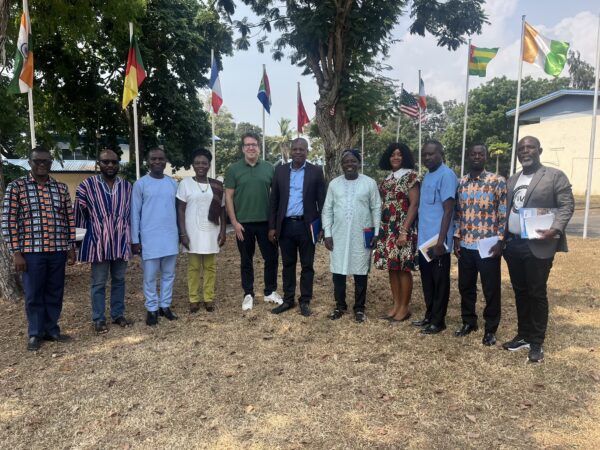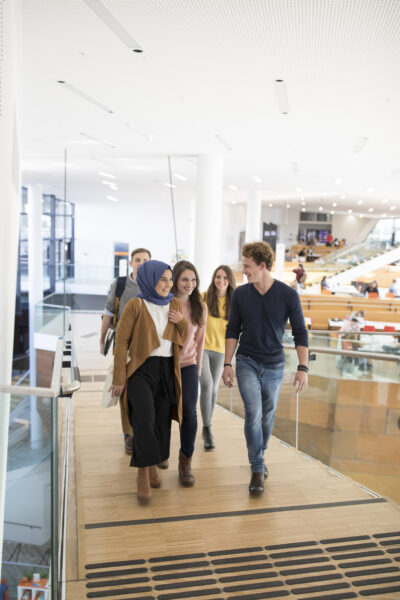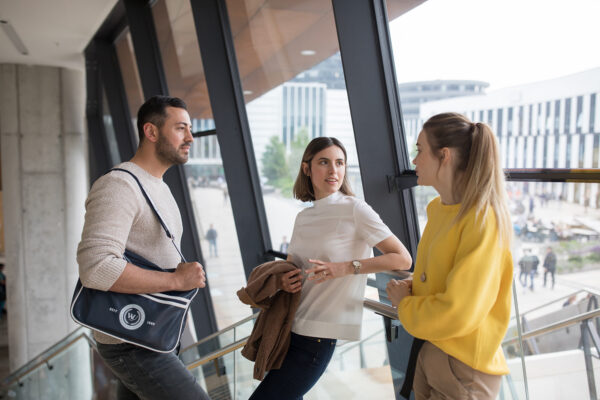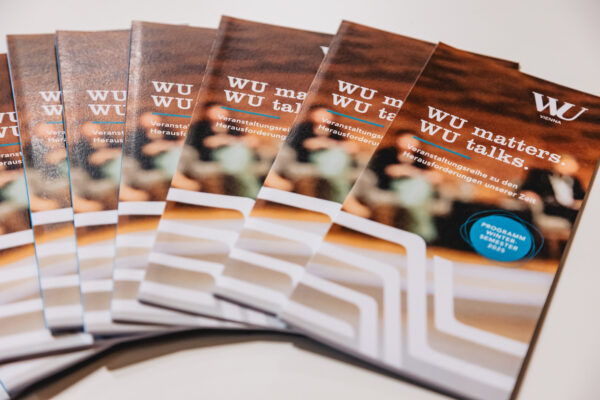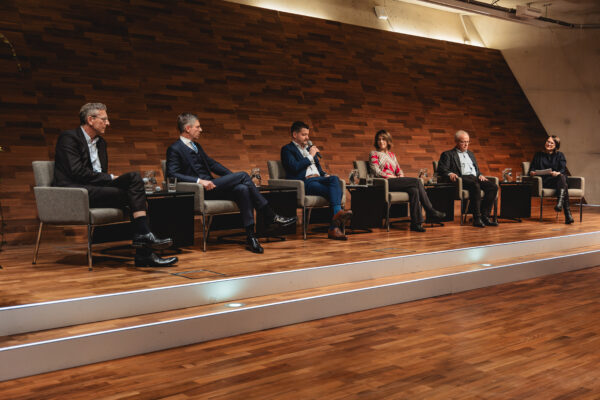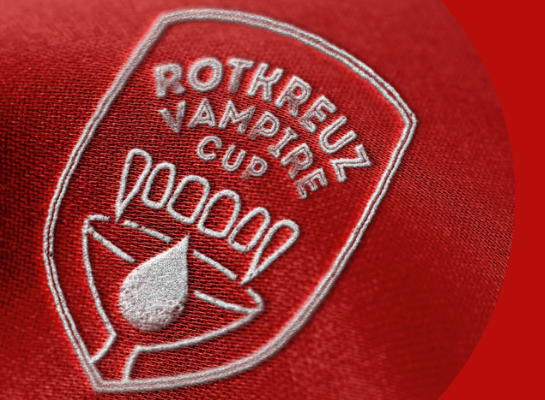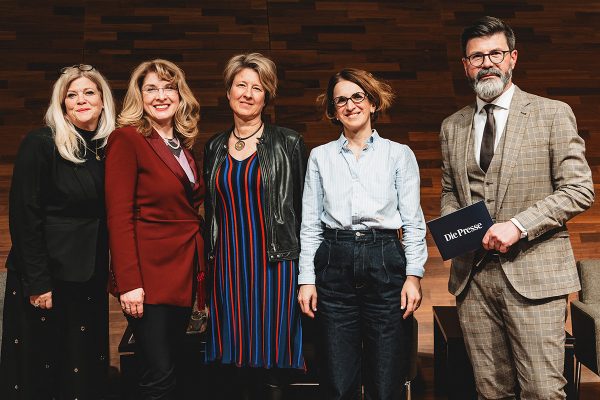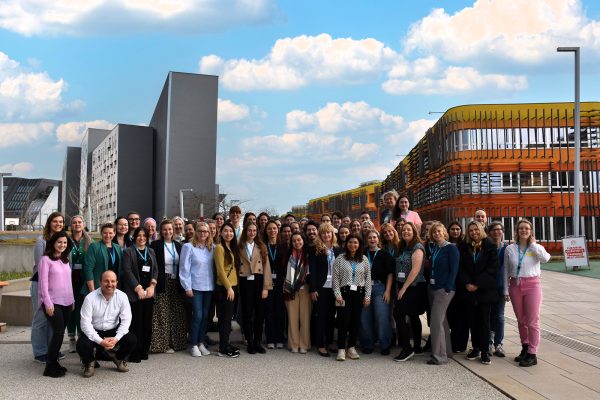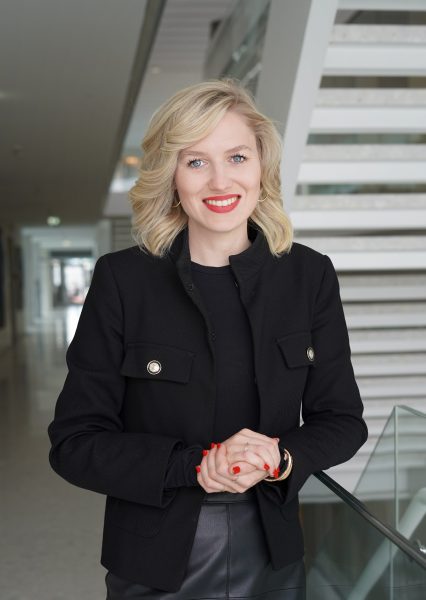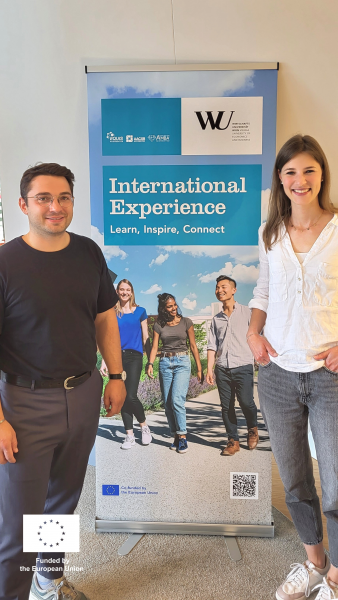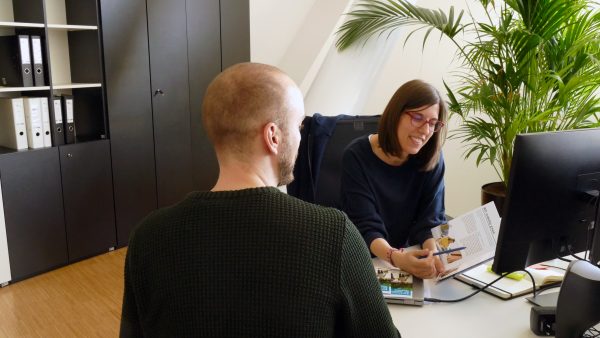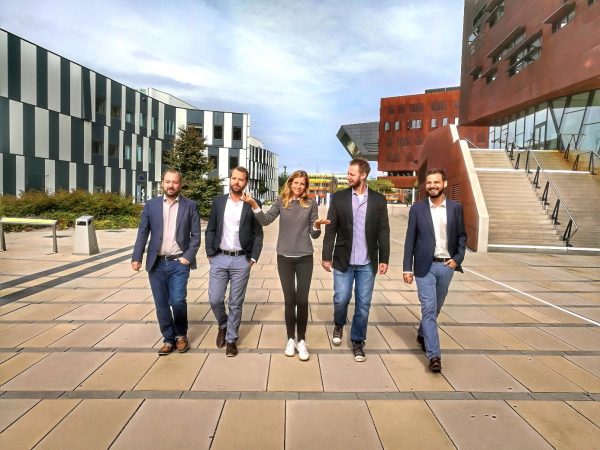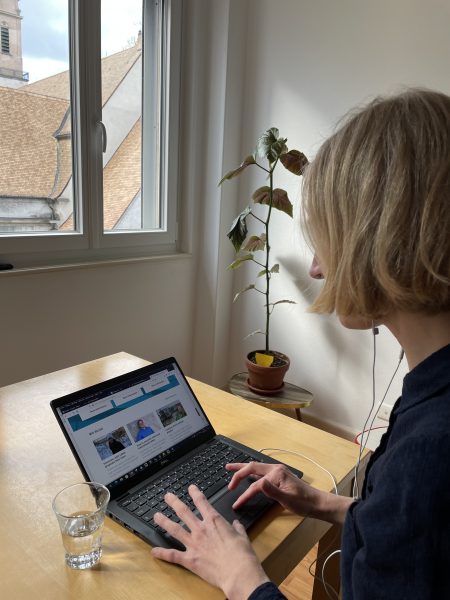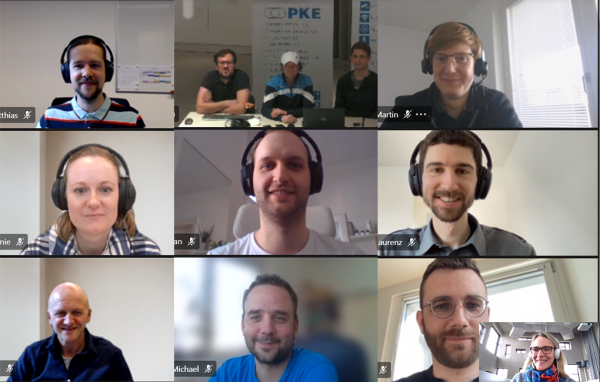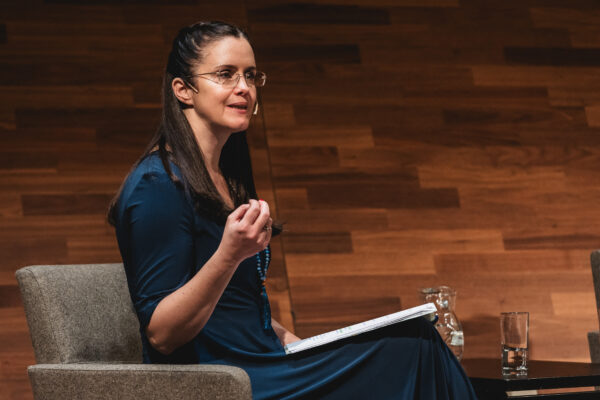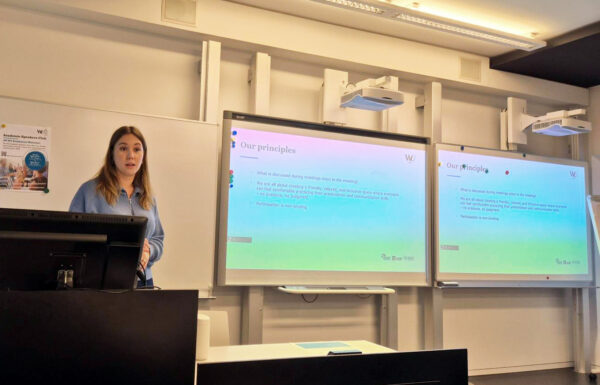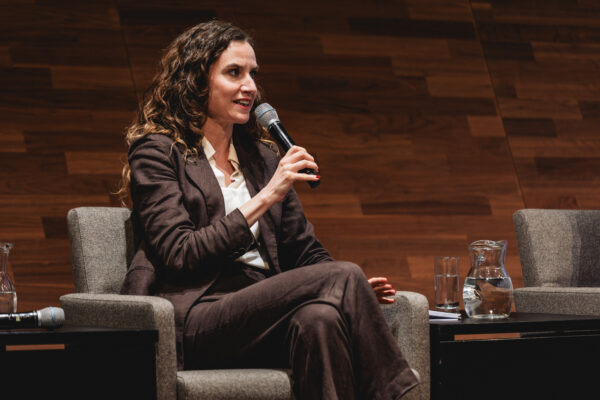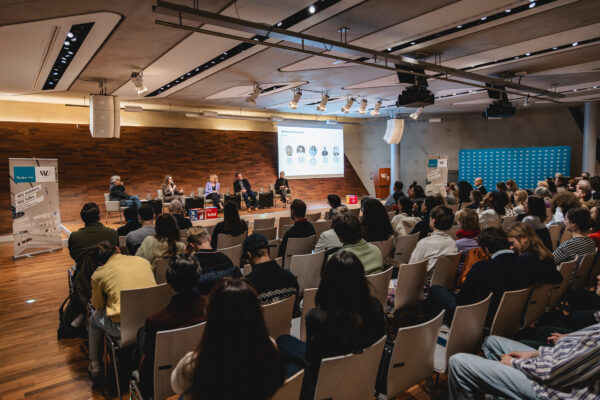“My advice to young female scientists is to dedicate themselves to the topics they are really passionate about.”
WU Professor Sigrid Stagl is an economist at the Department of Socioeconomics with a focus on sustainable work, ecological macroeconomics, integrated assessment methods and socioeconomic theories of action; empirical focus on energy and food. was recently Sigrid Stagl honored as “Scientist of the Year” – one more reason to include her in our Hall of Femmes!
WU Blog: What are your thoughts on International Women’s Day on March 8?
Sigrid Stagl: International Women’s Day is an opportunity both to reflect on the progress that has been made in the women’s rights movement in recent years and to identify the many areas where there is still room for improvement.
For me personally, it’s also a moment to celebrate the women’s networks I belong to.
These networks provide me with both inspiration and strength and reinforce my conviction that exchanges between women are of crucial importance.
WU Blog: Is there a connection between your research area around climate protection and women’s rights?
Sigrid Stagl: Yes, I see this connection in several aspects. In the global South in particular, women are disproportionately affected by the negative effects of climate change, be it through extreme weather events or the loss of livelihoods. There are also clear parallels between feminist economics and ecological economics.
Both departments deal with the identification of exploitative economic structures and develop proposals for solutions to overcome them.
Another common denominator is the insufficient economic consideration of care work, which is predominantly performed by women, as well as environmental services, which are taken for granted by society but are often undervalued.
WU Blog: When you look back on your career, were there any female mentors who particularly encouraged you? Were there any female role models?
Sigrid Stagl: In my career, I have been lucky enough to be supported by many people. Luise was particularly enthusiastic about economics Gubitzer, with whom I took a course in the very first semester of my studies, – a real stroke of luck. In New York, my had dissertation supervisor, Sabine O’Hara,a great influence on me and tirelessly gave me valuable feedback.
The economist Sally McGillme to the University , who brought Leeds, unfortunately died in the 2004 tsunami in Thailand. However, the institute she founded continues to play an important role in the field of ecological economics.of
But male mentors were also of great importance to me, above all Herbert Walther, who initially me got interested and policy and later actively supported me when I switched to ecological economics – a support that I by no means took for granted.in labor market theory
WU Blog: You were honored as “Female Scientist of the Year” and are a great role model for many female researchers. What advice do you have for women who want to be successful in science and are still at the beginning of their career?
Sigrid Stagl: My advice to young female scientists is to dedicate themselves to the topics they are really passionate about. This is the only way to in this field.be It is also important to look for allies with whom you can not only celebrate successes, but who will also support you in the face of defeat.truly successful
The path to science is often rocky, especially when you set yourself high goals – defeats are part of the process.
One motto that stays with me is: “Fall down, get up, straighten your crown, carry on”. Working on topics with high social relevance also gives me a lot of strength.
Find out more about Sigrid Stagl and her research goals in “Researcher of the month”
More about the WU Hall of Femmes
The “Hall project of Femmes” aims to increase the visibility of women at WU and related to WU and to empower other women by creating role models. In short interviews, the women interviewed describe their career paths, report on decisive success factors for their professional development and give personal career recommendations. The interviews will be published in a series over several weeks on the WU blog.
